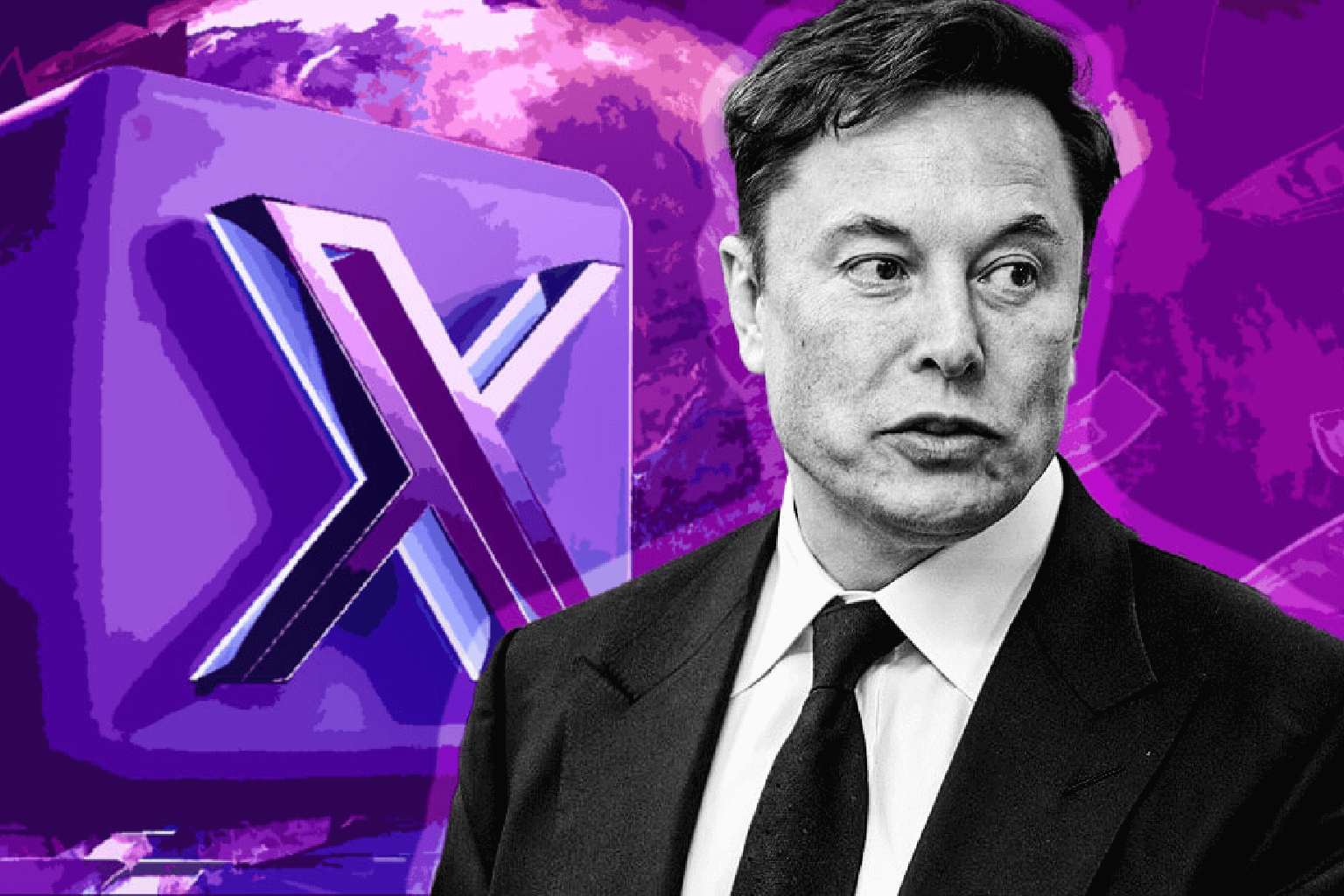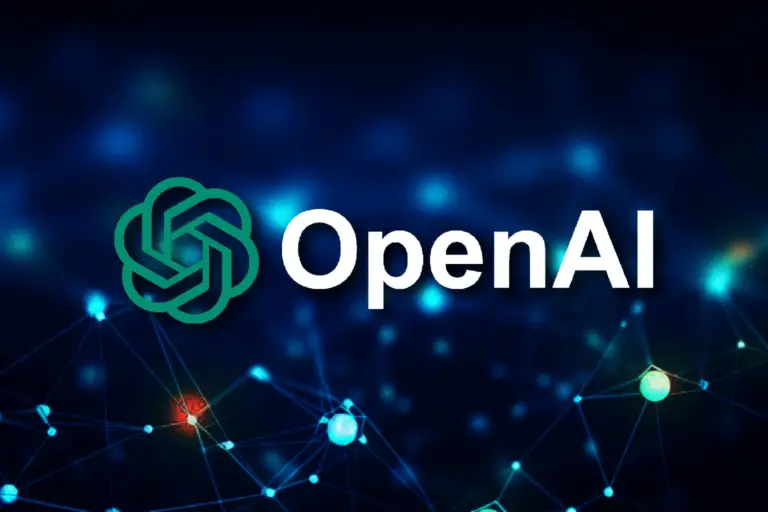
Elon Musk’s X Suspends EU Data Processing Over AI Grok Training Fears
Elon Musk’s company X has agreed to halt the collection of personal data from EU users following a legal challenge from Ireland’s Data Protection Commission, which claims that the platform’s use of data for AI training may violate GDPR.
To improve its artificial intelligence (AI) systems, Elon Musk’s company X, formerly known as Twitter, has agreed to temporarily stop collecting and processing personal data from users in the European Union (EU).
According to the Irish Independent, this decision comes after a legal challenge from Ireland’s Data Protection Commission (DPC) over concerns about how the platform handles data.
There are a lot of concerns from the DPC about how X has been using the private data of millions of European users to train its AI models, such as the Grok search tool.
The watchdog says that the way the platform handles data may go against the strict rules of the General Data Protection Regulation (GDPR), which is the EU’s main law on data privacy.
For X to stop using data in this way, the DPC has asked the court to stop, limit, or prohibit the platform from using EU user data for AI purposes going forward.
The regulator asserts the urgency of addressing this matter immediately to safeguard the fundamental rights of data subjects.
X, on the other hand, has put up a strong defense and said it is fully following GDPR rules. The company asserts that it has provided users with clear and easy methods to opt out of using their data for AI training. The DPC’s proposed orders are too broad, X says and could prevent it from doing business in the EU.
The case is very important for the tech industry because it is the first time an Irish court has been asked to rule on a data protection dispute involving AI.
The outcome of the case could significantly influence the future handling of user data by EU companies, as well as the development of AI throughout the region.
To make things even more complicated, the DPC has also sent the case to the European Data Protection Board (EDPB) to get advice on the laws that govern using personal data for AI training.
This action demonstrates the novelty and complexity of the discussed issues, highlighting the need for Europe to collaborate in regulating AI.
The court case between X and the DPC demonstrates how far regulators are behind when it comes to keeping up with the rapid pace of technological progress.
Even for cutting-edge uses like AI, the case serves as a stark reminder that strict rules govern the processing of personal data.
The court case between X and the DPC is still going on. The DPC has emphasized the significance of this issue and the potential irreversible harm if X continues to use user data for AI training without appropriate safeguards.
The government agency says that collecting and using this information without clear permission is a major violation of the GDPR’s privacy rights.
X Defends Data Practices Amidst DPC Case
X, on the other hand, has strongly defended its actions, saying that it followed strict data protection rules and gave users many chances to choose not to share their data.
The business is also worried about how the DPC’s proposed orders might affect its business operations and new ideas. The case could affect the tech industry in a lot of different ways.
If the DPC prevails, it could result in more stringent regulations regarding the development of AI and the use of data throughout the EU. The rules may cost tech companies more, preventing them from coming up with new ideas.
On the other hand, if X wins, it might inspire other tech giants to push the limits of how they use data, which could weaken privacy protection.
As the case goes on, the relationship between tech companies and regulators is becoming more complicated and tense. No doubt, the outcome of this court case will have a big impact on the future of both industries.


